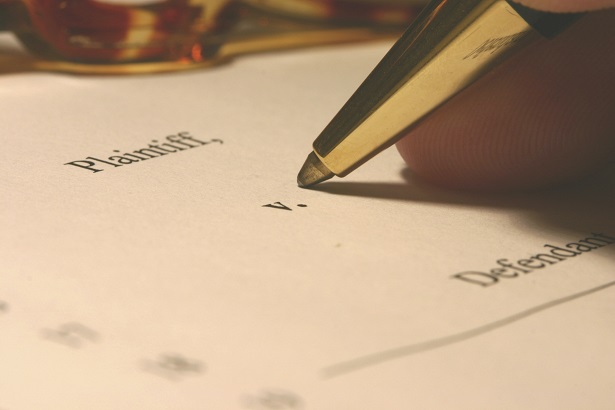Florida Law and "Permanency Threshold"
by: Damian Sullivent, Esq.
HOW BAD DOES AN INDIVIDUAL NEED TO BE INJURED TO GET DAMAGES
Although it is widely understood that most personal injury cases settle before trial, over the past several decades, personal injury litigation has become one of the most common types of civil litigation in Florida. As such, Florida, like many other states, has taken several steps to help combat this ever-growing area of civil litigation in an effort to minimize the long-term effect the growth will have on the legal system within the state. In order to combat this growth, Florida has set “thresholds” for personal injury recovery.[1]
Florida, like most no-fault states, does not hold an individual liable for another’s personal injuries unless those injuries meet a certain medical threshold. If the injury does not meet this threshold, then the injured party may not recover for the injuries themselves, or the pain, suffering, mental anguish, or any inconvenience that might have arisen from said injuries. In Florida, every individual who insures a car is required to carry, at minimum, $10,000 in personal injury protection coverage (“PIP”) to pay for their own medical expenses that arise from a car accident, regardless of whether or not that individual is at fault. PIP not only covers medical expenses, but it also covers reimbursements for lost wages, travel expenses, childcare for doctor’s appointments, and other types of out-of-pocket expenses that are associated with an individual’s accident.
Although PIP serves as an instrumental tool to reduce the burden on parties involved in car accidents and reduce the amount of litigation by guaranteeing individuals some form of compensation regardless of who is at fault. There is a major pitfall in the no-fault system because it often limits the amount of coverage available to an individual. For such reasons, if an individual wishes to recover damages beyond their economic damages, their injury must be serious enough to warrant a recovery; practitioners usually refer to this as a “permanency threshold”.
FOUR CATEGORIES OF INJURIES TO MEET THE “PERMANENCY THRESHOLD” UNDER FLORIDA LAW
Under Florida Law, there are four main categories of injuries that meet the “permanency threshold” that would allow an individual to seek compensation above the amount previously paid out by PIP.[2] They are as follows:
1. Significant and permanent loss of an important bodily function;
2. Permanent injury within a reasonable degree of medical probability;
3. Significant and permanent scarring or disfigurement; and/or
4. Death[3]
Unfortunately, there is not much detail other than what is indicated within the statute. Thankfully, Florida courts have provided some guidance into what types of injuries meet the permanency threshold discussed above. For instance, a mere bruise would not push an individual over the threshold, while a broken bone would. This is largely due to the fact that a broken bone will generally seriously impair an important function. It is important to keep in mind that the impairment or disability does not have to be a permanent impairment or disability, but merely last for an extended period of time.
COMBATING THE “PERMANENCY THRESHOLD” IN FLORIDA COURTS
From a practitioner’s standpoint, usually the attorney will initiate the litigation process even if there is not sufficient evidence at the time of the filing that the individual meets the permanency threshold. It is likely that prior to trial the defendant’s attorney will ask the court to determine whether the injuries associated with the plaintiff’s claim is enough to satisfy the permanency threshold. At that time, both parties will provide evidence to the court, through expert testimony, as to whether or not the injuries meet the permanency threshold. Expert medical testimony is extremely important in these types of cases as both judge and jury will need to rely on such evidence to determine whether or not additional damages should be awarded to an individual. Additionally, the nature in which an individual’s attorney presents evidence in furtherance of their claim will play a role in determining whether said individual has met this threshold.
For such reasons, it is important that anyone seeking damages with regard to an automobile accident seeks the services of an experience law firm that fully understands not only personal injury, but also Florida law, how to evaluate an automobile accident case, and litigate said case.
[1] Fla. Stat. § 627.37 (2017)
[2] Id.
[3] Id.

